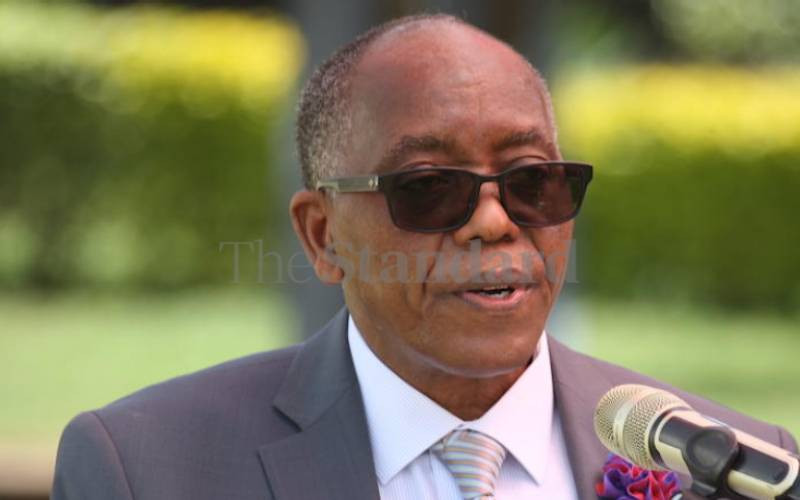×
The Standard e-Paper
Smart Minds Choose Us

National Security Advisory Council (NSAC) (NSAC) has dismissed allegations that it was trying to interfere with the August 9 presidential election outcome.
In a replying affidavit filed at the Supreme Court of Kenya, the Independent Electoral and Boundaries Commission (IEBC) Chairman Wafula Chebukati named senior government officials he averred they influenced the presidential election outcome of the August 9 polls.